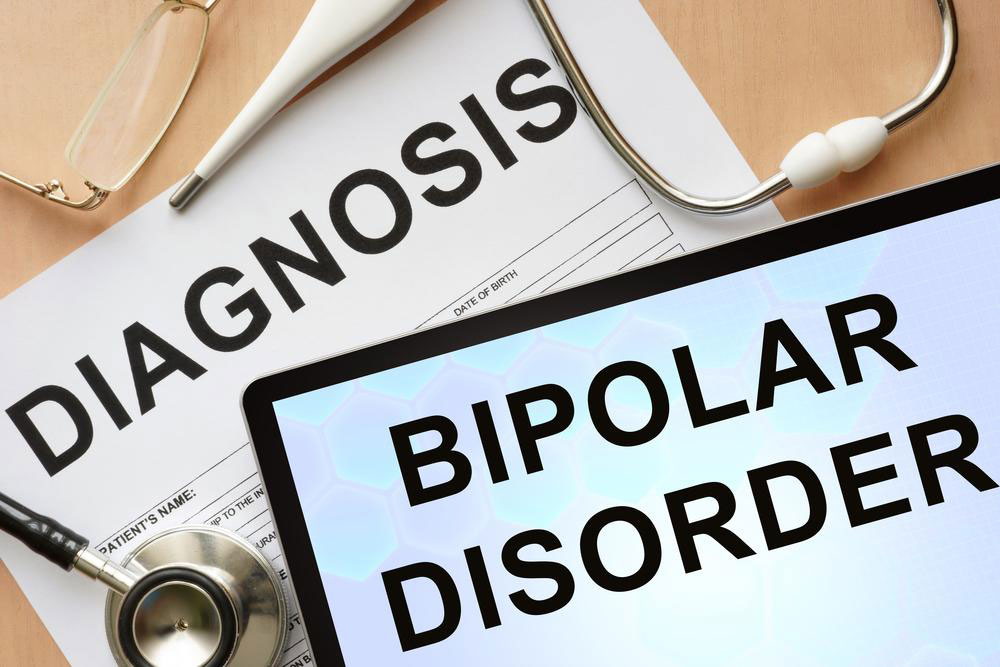Comprehensive Guide to Recognizing the Main Symptoms of Bipolar Disorder
This comprehensive guide explores the main symptoms of bipolar disorder, including mood swings, loss of interest, racing thoughts, and suicidal tendencies. Early recognition and treatment are crucial for effective management, helping individuals lead balanced lives. The article emphasizes the importance of understanding these symptoms for timely diagnosis and intervention, offering insights into the disorder’s complexities and treatment options.

Comprehensive Guide to Recognizing the Main Symptoms of Bipolar Disorder
Bipolar disorder, often referred to as manic-depressive illness, is a complex and serious mental health condition that significantly impacts an individual's mood, energy levels, and overall functioning. This disorder involves episodes of extreme mood swings that alternate between depressive lows and manic highs, each presenting with distinct symptoms. Recognizing these symptoms early is crucial for obtaining accurate diagnosis and effective treatment. The disorder manifests in five main types—bipolar I, bipolar II, cyclothymic disorder, and others—each characterized by specific patterns of mood episodes. Understanding the key symptoms associated with bipolar disorder can greatly aid in timely intervention and management.
Bipolar disorder is more than just mood swings; it affects cognitive functions, behavior, and physical health. People experiencing it may not always recognize their symptoms or may dismiss them as stress or personality traits. Therefore, awareness and understanding of these symptoms are essential for friends, family, and healthcare providers to offer appropriate support and seek expert medical advice. This article provides a detailed overview of the core symptoms that can help identify bipolar disorder, emphasizing the importance of early detection and comprehensive treatment.
One of the earliest signs of bipolar disorder is a noticeable change in interest and activity levels. Individuals may lose enthusiasm for hobbies they previously enjoyed, withdraw from social interactions, and exhibit decreased energy. These signs often reflect underlying mood fluctuations and can be mistaken for general fatigue or stress. Recognizing this initial symptom is critical because it often precedes more severe episodes and requires professional evaluation and appropriate intervention. Addressing this symptom early through therapy, medication, or lifestyle adjustments can significantly improve quality of life and prevent escalation of the disorder.
Loss of interest and pleasure in activities: A prominent early symptom of bipolar disorder is anhedonia—the decreased ability to experience pleasure from activities that once brought joy. This may manifest as a loss of interest in hobbies, social outings, or work-related tasks. Individuals may start isolating themselves, avoiding contact with friends and family, and showing reduced motivation. This withdrawal can further deepen feelings of sadness or apathy, making timely diagnosis and treatment crucial for recovery. Engaging treatment options, including psychotherapy and medications, can help restore interest and energy levels.
Beyond emotional symptoms, bipolar disorder significantly impacts cognitive functions. One hallmark feature during manic episodes is the experience of racing thoughts. These involve rapid and often disorganized streams of ideas that make concentration challenging and can interfere with normal conversations and decision-making. Patients may feel overwhelmed or agitated by their thoughts, which can contribute to risky behaviors or impulsivity. Recognizing racing thoughts as part of the disorder helps differentiate bipolar episodes from other mental health conditions and guides appropriate treatment strategies.
During manic phases, individuals often exhibit inflated self-esteem and an exaggerated sense of self-importance. They may become overly confident, seek attention, and display behaviors driven by egotism, such as making bold claims or engaging in risky activities. While a boost in confidence might seem positive in moderation, the excessive self-importance characteristic of bipolar mania can lead to dangerous decision-making, financial issues, or relationship conflicts. Proper management through medication and therapy can help moderate these symptoms and restore balanced self-perception.
One of the most serious warning signs of bipolar disorder is persistent suicidal thoughts, especially during depressive episodes. Feelings of hopelessness, worthlessness, and despair can culminate in self-harm or suicidal ideation if left unaddressed. Recognizing suicidal ideation as a critical symptom underscores the importance of immediate intervention by mental health professionals. Effective bipolar disorder management involves a combination of medication, psychotherapy, and support systems to prevent tragic outcomes and promote mental well-being.
Overall, understanding and recognizing the core symptoms of bipolar disorder—such as loss of interest, racing thoughts, inflated self-esteem, and suicidal thoughts—are vital steps toward timely diagnosis and effective treatment. If these symptoms are observed, seeking professional help is essential. With appropriate care, individuals with bipolar disorder can lead stable and fulfilling lives, managing their symptoms effectively and maintaining their mental health.





